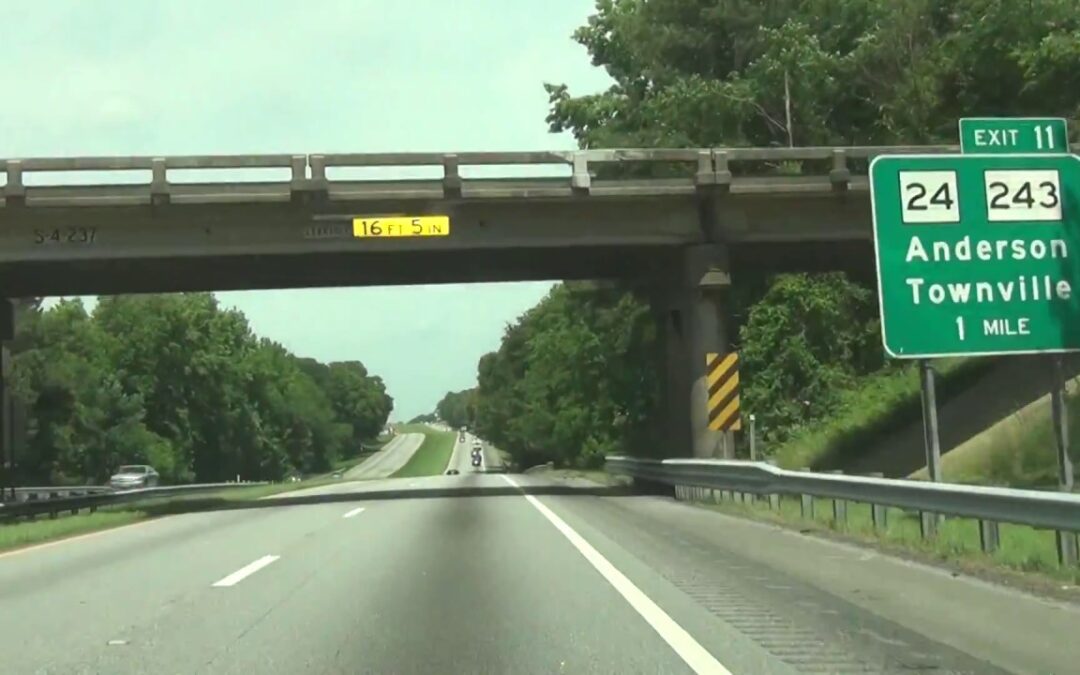Why is Concrete Used to Pave Highways like I-85 in Greenville South Carolina?
Concrete is a popular choice for paving highways due to its durability and long life cycle. It is resistant to cracking, shrinking, and other forms of damage, and can withstand heavy loads and harsh weather conditions. This makes it a good choice for roads that will be subjected to heavy traffic and a wide range of temperatures, as it is less likely to suffer from wear and tear or other forms of damage.
However, the initial cost of constructing a concrete road may be higher than other types of road surfaces. This can be a limitation for some road construction projects, as the upfront costs may be higher than budgeted for. Despite this, the long life cycle and low maintenance costs of concrete can make it a more cost-effective choice in the long run, as it does not need to be replaced as often as other types of road surfaces. In terms of safety, concrete roads are generally smoother and more even than other types of road surfaces, which can improve safety for drivers and pedestrians. Overall, while there are limitations to using concrete for highway paving, the benefits in terms of durability, life cycle, and safety make it an attractive choice for many road construction projects.
Asphalt is a commonly used material for paving roads and highways as well. While it is not as widely used as concrete for this purpose, it does have certain advantages that make it a good choice in certain situations.
One reason why asphalt is not used more frequently for highway construction is its lower durability compared to concrete. Asphalt is more prone to cracking and wear and tear, especially when subjected to heavy loads and high temperatures. As a result, it may need to be repaired or replaced more frequently than concrete roads.
Another reason is that asphalt roads tend to be more susceptible to rutting, which is the formation of shallow channels or grooves on the surface of the road. This can occur as a result of heavy traffic or the use of improperly inflated tires like flats and rim contact, etc. Rutting can cause roughness and unevenness on the road surface, which can be uncomfortable for drivers and potentially hazardous especially for motorcycles.
Despite these limitations, asphalt is still a popular choice for road construction in many parts of the world, particularly for lower-traffic roads and roads that do not need to withstand continuous heavy loads. It is also generally easier and quicker to install than concrete, which can make it a more cost-effective choice for some projects. I-85 that runs through the Upstate area of SC from Cherokee to Anderson counties was constructed using concrete to accommodate the heavy volume of traffic it must handle every single day, 365 days a year.
Carolina Concrete Designs does not build concrete roads, but we do build concrete driveways and sidewalks, patios and slabs, foundations and retaining walls

